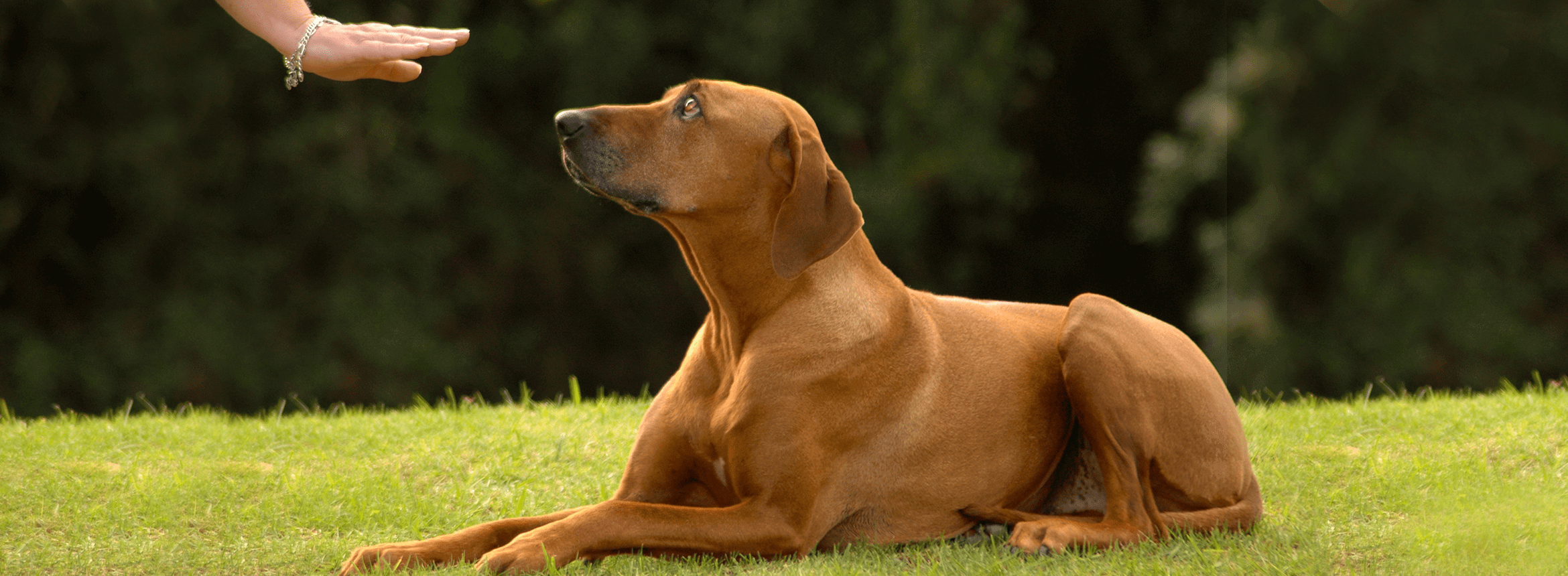Adult Dog Training 101 from Eric Wiese of Lucky Dog
Dogs have been our best friends for hundreds of thousands of years, and over that time they’ve been bred to help humankind in a variety of ways, from herding and protecting sheep and cattle from predators to pulling sleds and carts full of people and supplies across treacherous terrain. Then, with the industrialization of society, we collectively kind of just went, “It’s cool. You don’t have to do all that stuff anymore. Forget about the millennia of conditioning, you can just hang out now….but don’t rip up the couch.”
Keep that in mind when it comes to adult dog training, but don’t be discouraged! You’re not going against dogs’ ingrained instincts. You’re using that knowledge to work for you. We’ve partnered with Eric Wiese, Animal Behavior Specialist, Veterinary Behavior Consultant, and host of the CBS series, “Lucky Dog,” to help you form a great training foundation for you and your dog!
Patience, Never Punishment
Now, it is important to note that while the principles may be similar, the approach is vastly different when it comes to training an adult dog that you’ve had since a puppy and an adult dog that you’ve just adopted.
If you’ve just adopted an adult dog, congratulations! Before you start any training, you need to allow for ample time and space (on your dog’s schedule) for them to adjust to their new environment. You don’t know what they’ve been through prior to being rescued, and the only way to see what triggers a panicked or scared response is to experience it. And when that happens, be sure to be there with plenty of calming love and treats to counter-condition – much like you would with a puppy – against those triggers, associating them with good things rather than bad.
There’s going to be a lot of trial and error, but no matter what, you never want to punish your adult dog for these behaviors as that will only compound things. It will take much more time than it would with a puppy, and your adult dog may never fully stop exhibiting triggered behaviors from past trauma. That’s 100% okay. Your dog will handle those triggering stimuli much better when they believe they are in an overall safe environment – an environment that you can create for them.
You can start by getting them used to a leash in your home. Work up to where they’ll follow you around inside on their own. A lot of the same preparations you make for a puppy apply here. Take a look at our puppy training tips article for how to create a safe space for your new adult dog in your home. With a puppy, they trust you from the start, and that trust is yours to lose. With an adult dog, you have to earn their trust. But once you do, it will be one of the most rewarding relationships of both of your lives.
Embracing Nature
You might find that your adult dog gets antsy or agitated from time to time – they have all of this pent-up energy and don’t know what to do with it. It’s just thousands of years of instincts beckoning them to do what they were bred to do. So, what do you do? You help them answer the call.
Learn about your dog. Research the breed (or breeds) of your dog. Were they originally bred for herding? Transporting goods? Hunting? Whatever it is, you can tailor fun games and tricks based on that.
Have them wear a doggie backpack on walks and carry their treats and even your water bottle. Dogs love helping and feeling like they’re contributing. They should respond to the extra responsibility.
New tricks! Training your adult dog is a great way to reaffirm your bond. It keeps their minds focused and sharp on the tasks at hand. Always train with positive reinforcement and plenty of rewarding treats. Have a dog who’s a hunter? Teach them hide-and-seek with their toys, treats, and even you!
Remember, it’s never you vs. your dog. It’s you and your dog vs. boredom. Plus, incorporating their instincts into playtime
AND strengthening the bond with your dog is definitely a win-win.
Consider hiring a professional, certified trainer or animal behaviorist to help you through your dog’s development and check out our other tips and tricks on training your playful pooch below. Be sure to watch “Lucky Dog” Saturday mornings on CBS – check your local listings.
DISCLAIMER: Always consult your veterinarian on your dog’s vaccination schedule to make sure they are healthy enough to be on the ground outside.

